 30E31, 30 East 31st Street, #18 (BHS)
30E31, 30 East 31st Street, #18 (BHS)
In most markets, only a small percentage of contracts (on average, 1.5 to 4 percent) are canceled, but under exceptional circumstances, canceled contracts can spike. In March 2020, at the start of the pandemic, for example, 18 percent of contracts in the United States were canceled, and in early 2022, shortly after the hike in mortgage rates, 15 percent of contracts were canceled. However, under most conditions, contracts are canceled for just a few predictable reasons. This article explains why real estate deals fall through and how to avoid a failed close.
In this article:
Buyer financing
The most common reason buyers cancel contracts is failure to obtain financing. Failure to obtain financing is far less likely to happen when potential buyers are not simply pre-qualified but pre-approved for a mortgage before going on the market.Low appraisal
Contracts are also frequently canceled due to low appraisals. There are two reasons low appraisals lead to canceled contracts. First and foremost, few buyers are interested in paying more than the market rate for a property. Second, a low appraisal may also put your financing at risk since most lenders are highly reluctant to lend money for properties being purchased above their market value.Inspection concerns
Another common deal breaker is a red flag raised during an inspection. Unlike buyers who generally only assess what is visible on the surface, inspectors are trained to identify problems lurking behind a property’s shiny façade. For example, an inspector might discover that previous owners cut corners during renovations, leading to construction flaws.Unauthorized renovations may also become apparent during an inspection. For example, in New York City, nearly all buildings adhere to a no-wet-over-dry rule, which restricts where one can install plumbing and appliances that require water lines and drainage. If a current or past owner ignored these rules (e.g., to install a washer), an inspection will likely reveal the illegal installation.
 Having everything in order can prevent a deal from falling through. (Pexels - Andrea Piacquadio)
Having everything in order can prevent a deal from falling through. (Pexels - Andrea Piacquadio)
Unmet contingencies
Real estate contracts always include contingencies. In a nutshell, the term refers to any conditions that must be met on the buyer or seller side before a sale can close. In addition to financing, home inspection, and appraisal contingencies, contracts often include home-sale contingencies (a clause that states that the buyer can back out of the deal if their current home doesn't sell within a certain period). If contingencies aren't met on either side and the two parties can't reach an alternative deal, the next step is typically a canceled contract.Title search concerns
While rare, sometimes a title search can reveal potential complications. For example, a title search might reveal that the seller doesn’t legally own the property in question. This typically happens when a long-time tenant is legally living in a family home but doesn’t technically own the property and, as a result, lacks the right to transfer the property to a new owner. In other cases, there may be a lien on the property (e.g., because the current owner hasn't paid their taxes). Although most title problems can be resolved prior to a sale, in some cases, title issues may also result in a canceled contract.Home is uninsurable
If a property can’t be insured, it is almost certain the contract will be canceled unless the current owner agrees to bring the property up to insurable condition as a condition of sale or drop the price so the new owner can complete any required work. Fortunately, in New York City, it is relatively rare to encounter an uninsurable unit since most local properties are part of multi-unit buildings, which already require a certificate of occupancy that can only be issued after the building has met insurable standards. Still, in rare cases, individual units can fall into disrepair, leaving them in uninsurable condition.Due diligence reveals concerns
Before the sale of a coop or condo, the building's board is obliged to share its paperwork with the buyer's attorney. At this stage, attorneys may discover the coop or condo has major financial challenges or is facing other types of challenges (e.g., requires a costly facade repair). If the seller did not disclose these concerns and there are grounds to believe the potential buyer was misled, there may be grounds for the buyer to back out of their contract.Unforeseen life circumstances
In rare cases, other unforeseen changes may lead to a canceled deal. For example, the buyer may experience the sudden loss of a spouse or discover they need to relocate for work. Likewise, a major change in the seller's life may make it difficult to move forward with the sale. In such cases, even if there are no contingencies in the contract covering the life-changing events in question, the buyer's or seller's attorney may ask for the contract to be canceled on purely compassionate grounds.For sellers, a canceled contract is unquestionably an frustrating experience. But for buyers, this may represent an opportunity. Sometimes the listings return to the market at a lower price, thus opening it up to a wider pool of buyers. If this is not the case, the seller may be more open to negotiating a lower price, renovations to be made before moving in, or other contingencies. Below, we look at a selection of listings that have recently returned to the market.
Active listings back on the market

12 East 132nd Street, #4B (Compass)

The Hamilton, #3A (Douglas Elliman Real Estate)
Would you like to tour any of these properties?
Just complete the info below.
Or call us at (212) 755-5544

The Hill, #404 (Compass)


420 East 86th Street, #4H (Brown Harris Stevens Residential Sales LLC)

1655 Flatbush Avenue, #B1806 (Douglas Elliman Real Estate)


1 Grace Court, #4C (Corcoran Group)


One Central Park West, #412 (Trump International Realty New York)

146 West 82nd Street, #3A (Douglas Elliman Real Estate)

Greenwich Club, #721 (Corcoran Group)


Astoria Lights, #D5 (Corcoran Group)


360 East 72nd Street, #B804 (Douglas Elliman Real Estate)

205 East 10th Street, #1C2C (Compass)

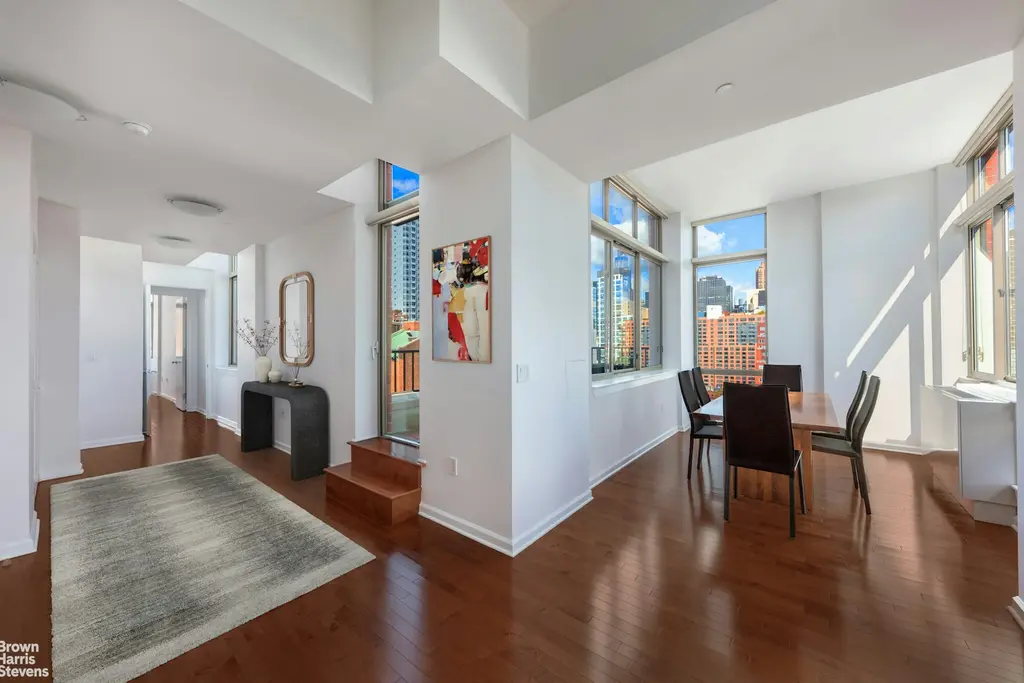
The Sycamore, #PHA (Brown Harris Stevens Residential Sales LLC)

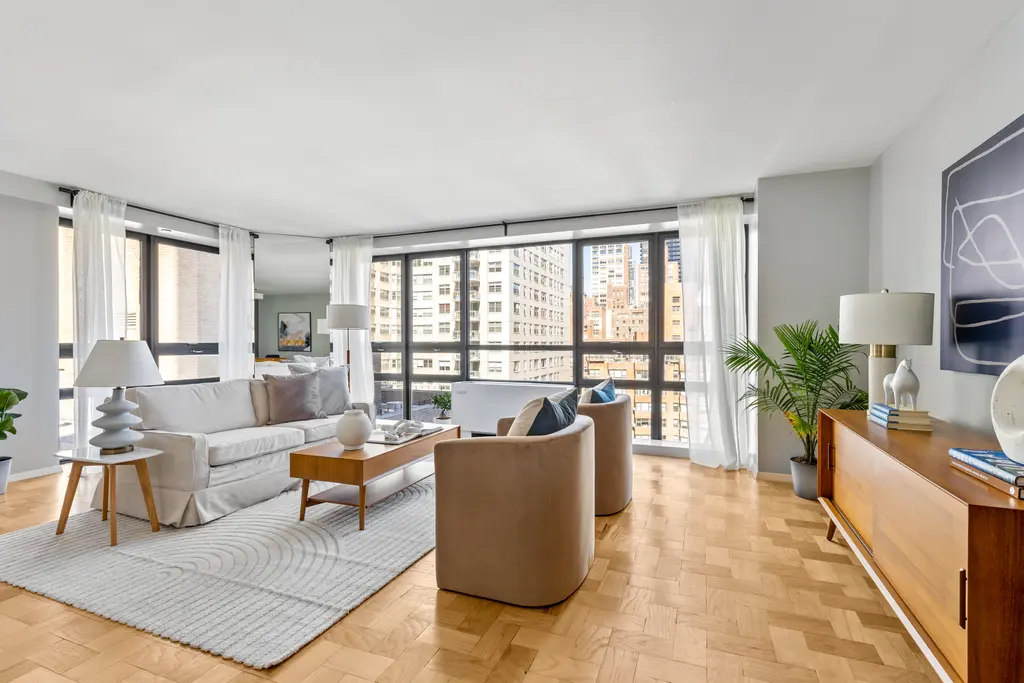
St. James Tower, #14E (Christies International Real Estate Group LLC)
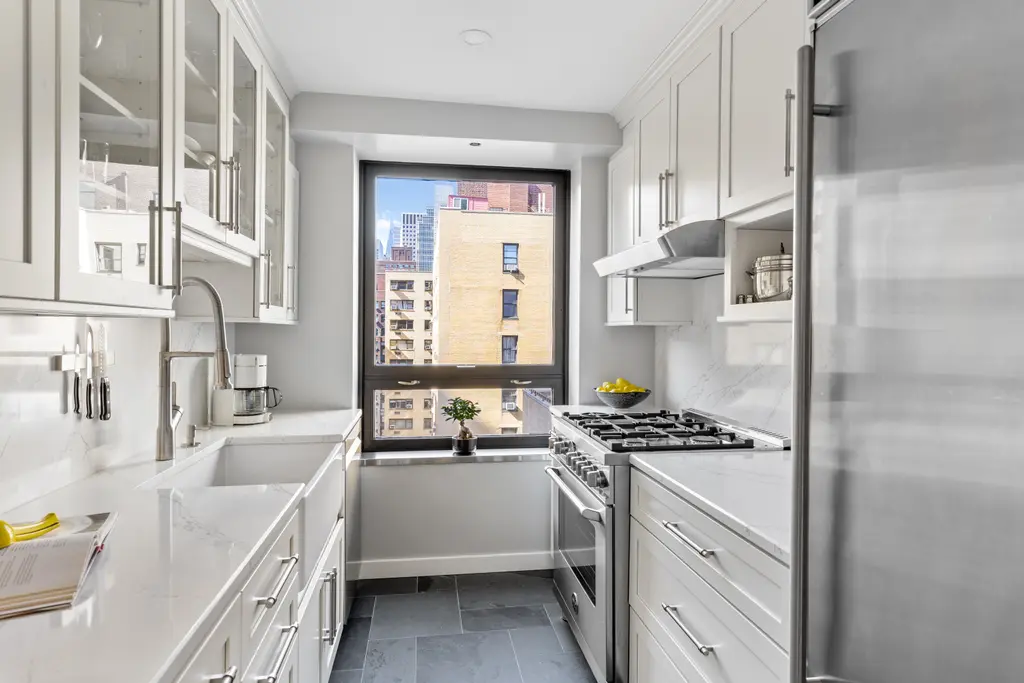

Morgan Studios, #7E (Corcoran Group)


155 East 49th Street, #11CD (Dwell Residential Inc)
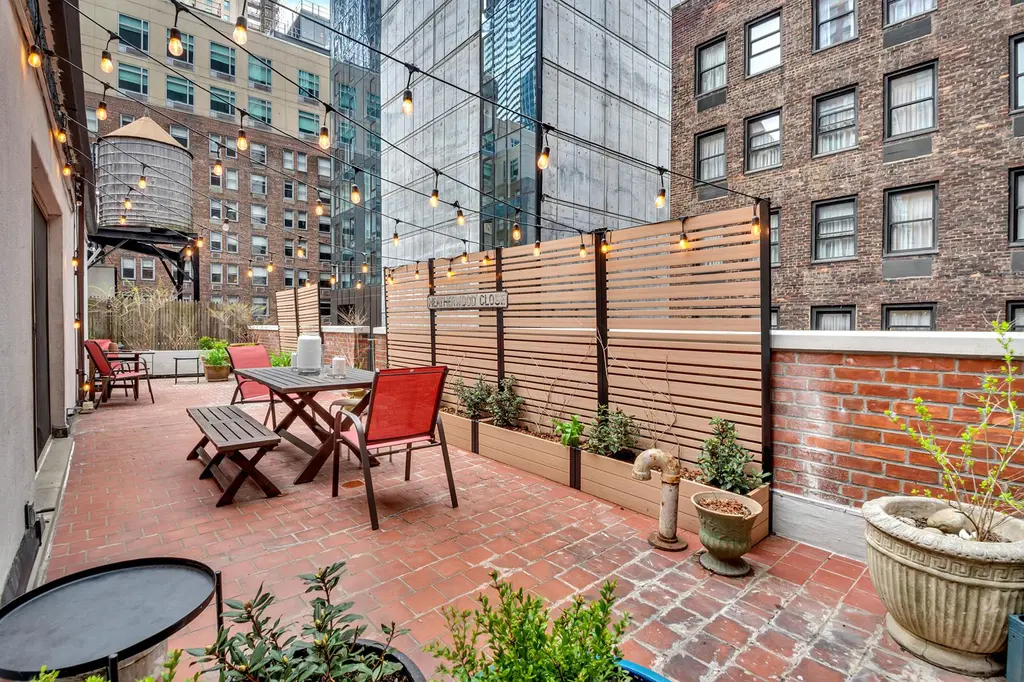
100 United Nations Plaza, #8A
$1,400,000 (-6.7%)
Turtle Bay/United Nations | Condominium | 2 Bedrooms, 2.5 Baths | 1,327 ft2

100 United Nations Plaza, #8A (Compass)
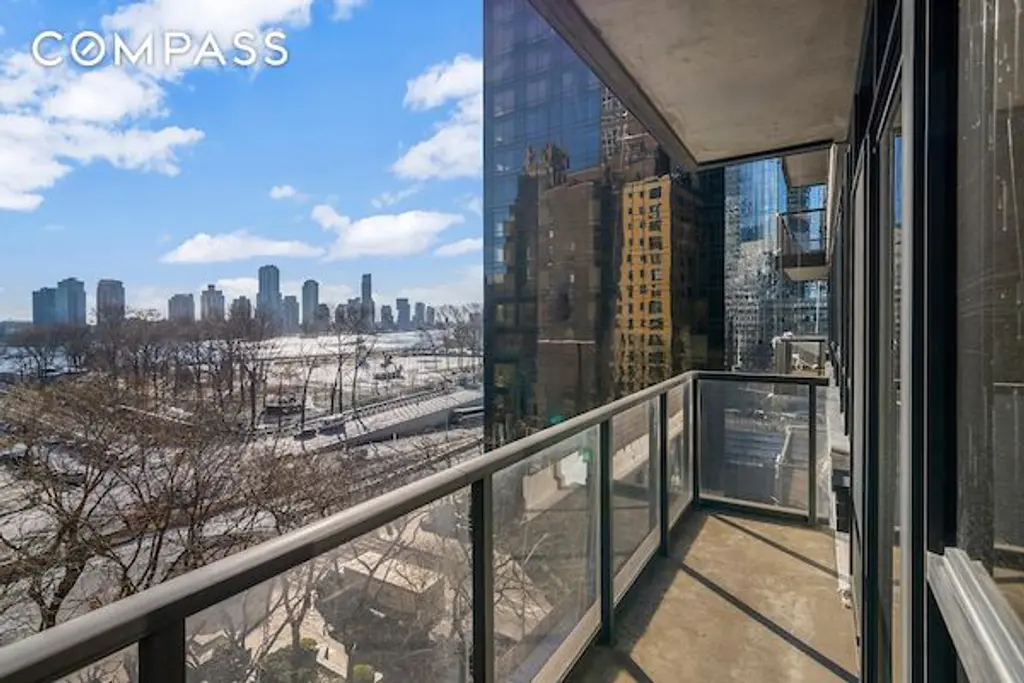
360 East 72nd Street, #33001
$2,150,000 (-6.3%)
Lenox Hill | Cooperative | 3 Bedrooms, 3 Baths | 2,000 ft2

360 East 72nd Street, #33001 (Douglas Elliman Real Estate)



30E31, #18 (Brown Harris Stevens Residential Sales LLC)

75 Livingston Street, #PH
$2,995,000 (-7.8%)
Brooklyn Heights | Cooperative | 2 Bedrooms, 2 Baths | 2,700 ft2
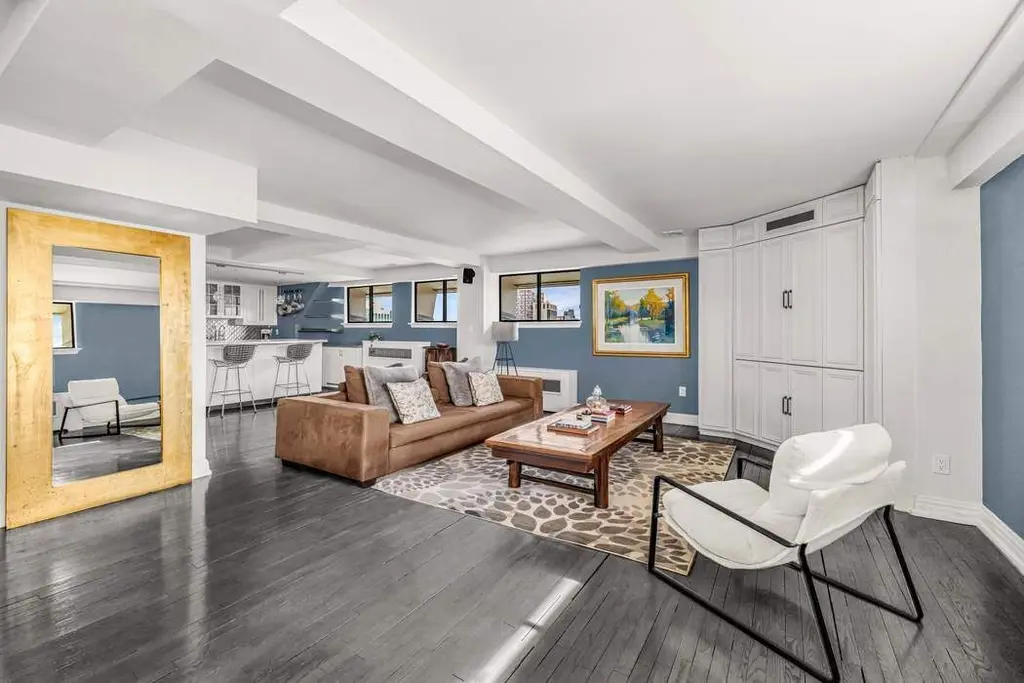
75 Livingston Street, #PH (Sothebys International Realty)



Would you like to tour any of these properties?
Just complete the info below.
Or call us at (212) 755-5544
Would you like to tour any of these properties?

Contributing Writer
Cait Etherington
Cait Etherington has over twenty years of experience working as a journalist and communications consultant. Her articles and reviews have been published in newspapers and magazines across the United States and internationally. An experienced financial writer, Cait is committed to exposing the human side of stories about contemporary business, banking and workplace relations. She also enjoys writing about trends, lifestyles and real estate in New York City where she lives with her family in a cozy apartment on the twentieth floor of a Manhattan high rise.

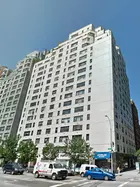






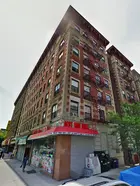
 6sqft delivers the latest on real estate, architecture, and design, straight from New York City.
6sqft delivers the latest on real estate, architecture, and design, straight from New York City.
